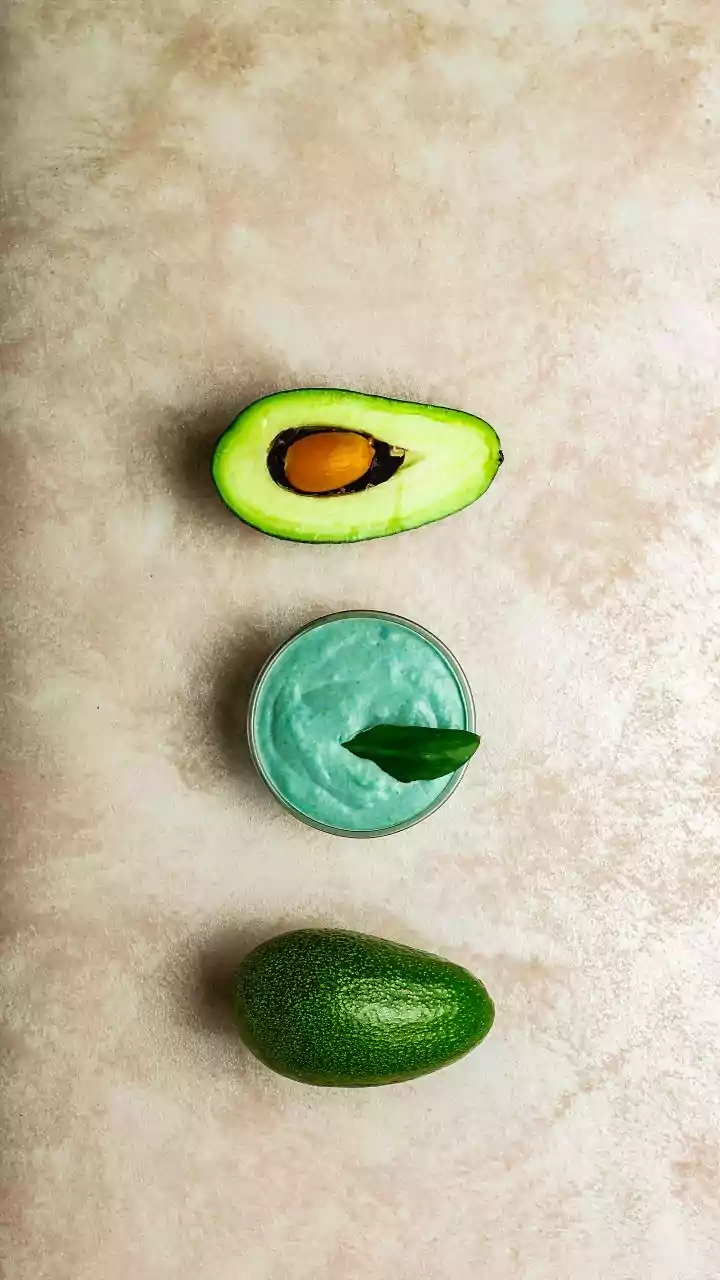Skincare Fundamentals Defined
Skincare encompasses a wide array of practices designed to support the health and appearance of the skin. It’s not just about applying products; it's a holistic
approach that involves understanding your skin type, addressing specific concerns, and adopting a routine that promotes overall well-being. Skincare involves the selection and application of various products such as cleansers, toners, serums, moisturizers, and sunscreens, each serving a unique purpose in maintaining the skin's health and appearance. Cleansers remove impurities, toners balance the skin's pH, serums deliver concentrated ingredients, moisturizers hydrate, and sunscreens protect against harmful UV rays. Furthermore, skincare considers lifestyle factors like diet, exercise, and stress management, all of which significantly impact skin health. Regular cleansing, exfoliating, moisturizing, and sun protection form the core of effective skincare. In addition to these basics, skincare can also incorporate specialized treatments such as masks, peels, and professional procedures to address specific concerns like acne, aging, and hyperpigmentation. These are the building blocks of healthy and glowing skin.
Makeup's Role in Skincare
Makeup plays a significant role in skincare. While it can enhance beauty and provide a temporary aesthetic transformation, it is essential to understand its impact on skin health. The primary function of makeup is to enhance one's features and cover imperfections. Products like foundations, concealers, and powders even out skin tone, while blush, bronzer, and highlighters add dimension and glow. However, the very act of applying makeup can affect the skin's natural functions. Some makeup products contain ingredients that can clog pores, leading to breakouts. Improper makeup removal can also leave residue on the skin, contributing to these issues. The ingredients in makeup products can potentially cause irritation or allergic reactions for sensitive skin. Regular use of makeup necessitates diligent cleansing routines to remove makeup thoroughly. By cleaning the skin before applying makeup, and removing it at the end of the day, makeup can complement your skincare routine rather than counteract it.
Hair Care Integration
The interplay between hair care and skincare is essential for maintaining overall beauty and health. Healthy hair starts at the scalp, making it a key part of any comprehensive skincare routine. The scalp is the foundation for hair growth. Regular cleansing and exfoliation of the scalp are crucial to prevent buildup of product, excess oil, and dead skin cells, which can clog pores and lead to skin issues. Hair care products containing harsh chemicals or heavy oils can sometimes transfer to the face and contribute to breakouts or irritation. Protective styles, such as braids and weaves, can impact the scalp. Incorporating gentle hair care practices and products minimizes potential skin problems. A healthy diet, rich in vitamins and minerals, supports both hair and skin health, promoting a radiant complexion and strong, lustrous hair. A holistic approach, focusing on both hair and scalp health, leads to overall beauty and a better skin condition.
Celebrity Skincare Insights
Celebrity skincare routines offer insight into what works. Celebrities have access to premium skincare products, professional treatments, and expert advice, which allows for their enviable complexions. Many stars focus on simple routines, emphasizing consistency. They highlight the importance of cleansing, moisturizing, and sun protection as their everyday essentials. Some celebrities integrate high-tech treatments like laser therapies, facials, and chemical peels. Many celebrities prioritize a healthy lifestyle. Regular exercise, a balanced diet, and sufficient sleep are foundational for achieving glowing skin. The influence of these celebrities on skincare trends is undeniable. Their product endorsements and routine reveals can drive consumer demand for specific ingredients, brands, and practices. Ultimately, celebrity skincare routines reflect the importance of a balanced approach involving quality products, consistent care, and overall well-being.
Health, Fitness Connection
Health and fitness profoundly impact skincare. Exercise helps improve blood circulation. Increased blood flow delivers oxygen and nutrients to skin cells, promoting cell turnover and a healthy glow. Regular physical activity helps to detoxify the body through sweat, which can unclog pores and reduce acne. A healthy diet, rich in vitamins, minerals, and antioxidants, is the cornerstone of good skin health. Antioxidants protect the skin from free radical damage, which can lead to premature aging. Proper hydration keeps the skin moisturized from the inside out, making it supple and radiant. Managing stress through exercise and mindfulness practices can also benefit the skin. Stress can trigger inflammation and exacerbate skin conditions like acne and eczema. Focusing on overall health and fitness enhances the effectiveness of a skincare routine. This integrated approach promotes not only beautiful skin but also overall well-being.
Makeup and Fragrance
The combined use of makeup and fragrance contributes to the overall beauty experience. While makeup enhances one's features, fragrances add an element of sensory pleasure. The fragrance industry offers a wide range of scents, from floral to woody and everything in between. Many people choose fragrances to complement their makeup look. However, the interaction between these two beauty elements needs attention. Some fragrances contain alcohol, which can be drying to the skin. It's essential to consider how makeup products react with fragrances. Applying fragrance to the skin after makeup can change the scent, as the base notes and ingredients can mingle. Choosing compatible products and applying them strategically maximizes the benefits of both. Using fragrance-free makeup and fragrance-free products can be a better option if you have sensitive skin. The selection of makeup and fragrance should consider the health and sensitivity of the skin.
The Role of Diet
Diet plays a crucial role in skincare. A balanced diet impacts skin health. Foods rich in antioxidants protect the skin. Vitamins C and E, found in fruits and vegetables, help neutralize free radicals. Omega-3 fatty acids found in fish and flaxseed, reduce inflammation and promote healthy skin. Proper hydration is essential, and drinking adequate water keeps the skin moisturized from within. A diet high in processed foods, sugar, and unhealthy fats can lead to inflammation and exacerbate skin issues like acne. Avoiding or limiting these foods can help maintain clear and healthy skin. Incorporating essential nutrients from whole foods like fruits, vegetables, lean proteins, and healthy fats fuels the body and skin cells. Maintaining a balanced diet that provides the necessary nutrients enhances skin health. The nutritional intake of your diet is directly reflected in the condition of your skin.
The Importance of Sleep
Sleep is fundamental to healthy skincare and overall well-being. During sleep, the body repairs and regenerates cells, including skin cells. When you sleep, the body produces hormones essential for skin repair. Melatonin and growth hormone, released during sleep, boost skin regeneration and collagen production. A lack of sleep results in dullness, dark circles, and fine lines. Chronic sleep deprivation increases stress hormones like cortisol, leading to inflammation and skin problems like acne and eczema. Establishing a regular sleep schedule helps regulate your body's natural cycles, allowing for optimal skin repair. Creating a relaxing bedtime routine, including a calming skincare routine, can improve sleep quality. Prioritizing quality sleep is a fundamental step in an effective skincare routine. Adequate rest is key for a healthy, radiant complexion.
Nail Health Matters
Nail care is an important element of the broader approach to beauty and skincare. Healthy nails reflect overall health and well-being. Proper nail care involves keeping nails clean, trimmed, and moisturized. This prevents breakage and infections. Manicures and pedicures can enhance the appearance of nails. However, frequent use of nail polish and artificial nails can damage the natural nail. The chemicals found in some nail products can weaken nails and dry out the surrounding skin. Nail health reflects the health of the body. Nutritional deficiencies can impact nail strength. Biotin supplements can strengthen nails. Focusing on nail health as part of your skincare routine helps to maintain your overall beauty and well-being. A holistic skincare routine includes nail health, contributing to a complete beauty regimen.
Sun Protection's Significance
Sun protection is an essential aspect of skincare. The sun's ultraviolet (UV) rays are the primary cause of premature aging, including wrinkles, age spots, and sagging skin. UV radiation also increases the risk of skin cancer. Applying sunscreen with an SPF of 30 or higher is a critical step. It protects the skin from both UVA and UVB rays. Wearing protective clothing, such as hats and long sleeves, and seeking shade during peak sun hours, also shield the skin. Sunscreen should be applied generously and reapplied every two hours, especially when spending time outdoors. Regular use of sunscreen helps maintain healthy skin. It reduces the signs of aging. Integrating sun protection into your daily routine is a cornerstone of long-term skincare. Consistent sun protection guarantees youthful, healthy skin.



















